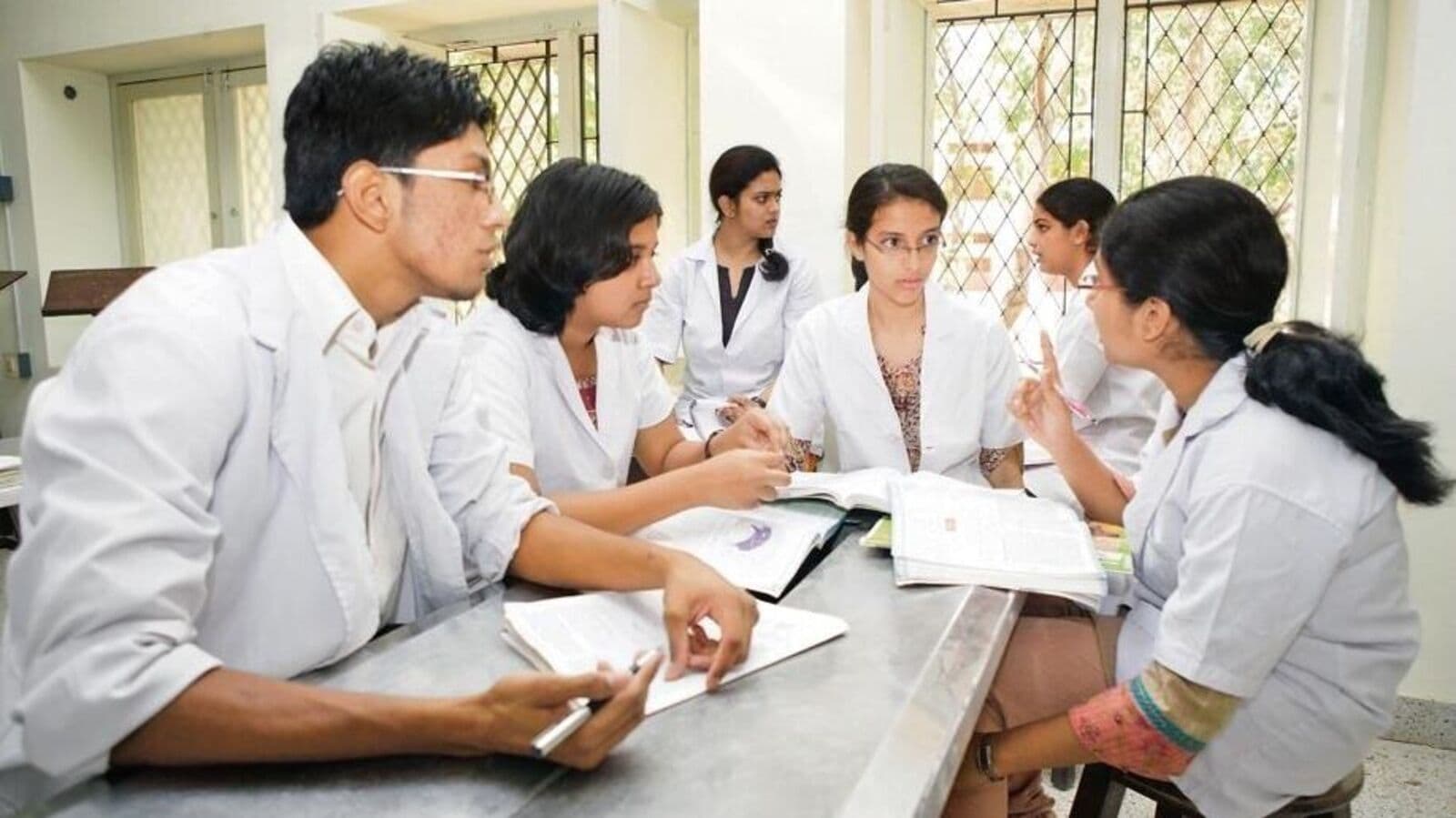The lowest sense of safety was among interns and postgraduates, which assumes significance in the context of the recent rape and murder of a trainee woman doctor at a state-run hospital in Kolkata.
The present scenario makes it clear that hospitals, especially state-run ones, have failed to provide ‘safe work spaces’ and other basic amenities like separate duty and wash rooms for women doctors, nurses and paramedics.
As the number of women in medical colleges surges, from 88 per 100 men in 2011-12 to 100 women for every 100 men in 2020-21 (AISHE), sadly, women in medicine not only feel unsafe, they are still affected by negative gender stereotyping that casts a shadow on their career prospects.
In 2022, a first-of-its-kind survey among some Indian women urologists, a minuscule minority (1%), compared to those in the US (9.2%) and Canada (11.2%), disclosed “widespread professional dissatisfaction…. irrespective of seniority and experience, have less operative work and surgical referrals, compared to their male counterparts.”
Almost all surveyed respondents “suffered from subtle forms of emotional or psychological micro aggressions.” This resulted in pay gaps with no obvious differences in the services rendered, the study said.
In another online survey of the surgical oncology department at a tertiary cancer care centre, respondents were asked if they “perceived a sense of gender bias that influenced their professional performance, mental well-being.” The answers were affirmative among faculty and trainees, with women reporting greater perceptions of bias.
A separate 2022 survey revealed that an overwhelming number of women surgeons (78%) agreed that “gender affects the way they are treated at work, and even patients are sometimes reluctant to accept a female surgeon.”
This was attributed in part to the general perception of a surgeon being a strong, well-built, broad-shouldered, tall man, while female surgeons found it challenging to inspire such confidence among peers and patients.
In fields like orthopaedics, myths of ‘muscle power’ prevail and women remain severely underrepresented. But, many women orthopaedic surgeons also feel that power tools are making the practice easier for them.
Also read: Why Indian medicine’s #MeToo moment is overdue
Globally, women healthcare professionals continue to face many challenges, such as unequal pay, unsatisfactory work conditions, limited opportunities for career advancement, work-related stress and unfavourable policies that tend to promote patriarchy, leading to low productivity and low life satisfaction (Desai et al and Hong Lu et al).
In 2019, women became the majority of US medical students. Yet, these trends haven’t translated into equal opportunities for women in medicine (Inside Higher Ed).
A Yale University research study said that despite identical qualifications and experiences, level of competence, hiring potential, et al, there is a preference for males, who are typically offered a 13% higher salary.
A study of academic physicians in 24 public medical schools in 12 US states in 2015 had found that female physicians make about 10% less than their male counterparts across academic ranks. Gender pay gaps exist across all specialties that are not wholly explained by seniority, career, etc.
There are also disparities in specialist training participation, and women are a minority in surgical specialties. Even in developed countries,women physicians are predominantly in specialties like endocrinology, rheumatology and geriatrics, but are under-represented in disciplines like cardiology, pulmonary medicine, etc.
In developing countries, burnout among women physicians, work-life disharmony and women’s near absence in leadership roles pose serious handicaps to their professional performance.
A study among female trainee physicians in Jeddah, Saudi Arabia, showed that 52% of female residents experienced gender discrimination, mostly by their supervisors, about 53% suffered from severe depression, and 14% of them even thought of committing suicide.
A survey among more than 100 female surgeons in Pakistan showed that 57.5% of them experienced verbal harassment, with a damaging impact on their mental health.
In spite of women now forming a majority of the global health workforce, gender biases in the health sector “undermine inclusive economic growth… and full employment potential” according to the World Health Organization and this under-utilization of skilled human resources has severe economic repercussions, according to the International Monetary Fund.
The concerns of women in medicine and allied fields, be it related to their safety or a level playing field, in India or anywhere else, need to be addressed on an urgent basis. Failing to ensure gender equity in these fields is bad for everybody’s health—not to mention socio-economic progress.
#Health #alert #Listen #women #medicine #allied #fields






